The Importance of Reading Comprehension
Good readers are actively involved in the reading process and read for the purpose of understanding and enjoyment. Children need to understand that the goal of reading is to gain meaning from text. They must be taught this while learning to decode words and read fluently. Teaching an emergent reader how to read the words of the text is vitally important, but focusing on the meaning of words is equally significant.
How to Build Your Child’s Reading Comprehension Skills
1. Find books that interest your child.
It sounds like a “no-brainer” to pick out books that speak directly to your child’s passions, but sometimes we make the mistake of bringing children books that we think they should read rather than the ones they want to read.
While you need to let your kids lead when it comes to choosing books, it also helps to introduce a variety of text formats. Here are some categories you can explore:
- Picture books intended for older kids
- Graphic novels
- Nonfiction books, atlases, children’s encyclopedias
- Digital books for the iPad or laptop
- Magazines such National Geographic Kids or Highlights
2. Read aloud.
Once children move from picture books to chapter books, you might find it tiring to read longer texts aloud. However, there are many benefits to continuing to read aloud to older children:
- Older kids love being read to as much as younger ones do. It is easier for kids at the end of a long school day to have a loving parent read to them so they can relax and simply focus on the story.
- When you read together, you can stop from time to time and engage in meaningful discussion about characters and plot points. This will allow your child to spot the defining moments in a story. You can expect some wonderful and surprising conversations to emerge from these exchanges.
- Your child can also stop you and ask for clarification when you read together instead of making incorrect assumptions about difficult words or situations.
3. Listen to audiobooks.
Audiobooks offer similar benefits to reading aloud, especially when you make it a family activity. Audiobooks can also be used in a car while on a road trip or when running errands. There are benefits to audiobooks aside from giving parents a break from reading aloud. You can use them:
- to introduce complex books such as classics that have great storylines. Some children may not have the patience to read older English, but the beautiful prose might make for wonderful listening.
- to help kids learn the correct pronunciation of new words. Many audiobooks are read by actors who use crisp enunciation. As a result, kids can learn how reading with expression brings a book to life.
Some parents are concerned that kids will get so used to listening that they won’t want to make the effort to actually read. This can be remedied by having your kids follow a print version of the book along with the audio.
4. Talk about what you read.
Discussion is the key to great reading comprehension skills. It is also the most time-consuming activity and requires parents to commit the time and effort on a regular basis.
The more you and your kids talk about the books they read, the better they will understand what they read. The following are useful points to touch on in your book discussions:
- Discuss how the book makes your child feel
- Compare and contrast the main characters in the story
- Draw parallels between characters and real life situations faced by kids
- Draw parallels between characters in the story and those in books read previously
- Discuss “what-if” scenarios and make predictions about what happens next
- Discuss “what would you do if this happened to you?” scenarios
- Talk about what a character did and what it tells you about them
5. Build in reading comprehension ideas.
Developing reading comprehension skills is important for absorbing story books as a young child. As children get older, this skill will help them understand textbooks, newspapers, and other complex texts.
Ideas to Help Build Reading Comprehension Skills in Your Early Reader
1. Have them read aloud. This forces them to read more slowly, which gives them more time to process what they read. As a result, they will improve their reading comprehension. In this scenario, the child is seeing words in print and hearing the sounds of them at the same time.
2. Reread to build fluency. To gain meaning from text and encourage reading comprehension, your child needs to read quickly and smoothly — a skill known as fluency. By the beginning of 3rd grade, for example, your child should be able to read 90 words a minute. Rereading familiar, simple books gives your child practice at decoding words quickly so that they will become more fluent in reading comprehension.
3. Talk to your child’s teacher. If your child is struggling with reading comprehension, they may need more help with reading. For example, building vocabulary or practicing phonics skills more often may be required. Make sure to talk with your child’s teacher about what types of books would be a good “match” to practice reading more with your child at home.
4. Supplement class reading. If your child’s class is studying a particular theme, look for easy-to-read books or magazines on the topic. Some prior knowledge will help them make their way through more difficult classroom texts and promote reading comprehension.
Parent Resources
Video – Reading Rockets – Brining Up Baby: The Importance of Read Aloud to Your Child at Home
Video – The Hanen Centre – Creating Conversation with Good Night, Gorilla Book
Reading Rockets – Tips for Parents of Kindergarteners
Reading Rockets – Tips for Parents of First Graders
Reading Rockets – Tips for Parents of Second Graders
Reading Rockets – Tips for Parents of Third Graders
Reading Rockets Parent Handouts in Multiple Languages on Reading

